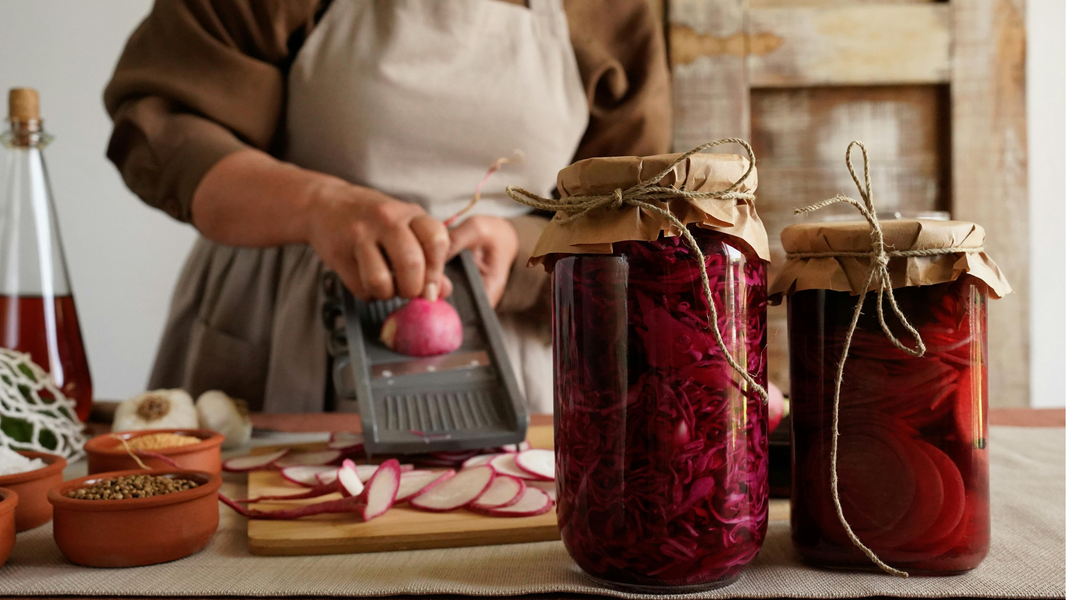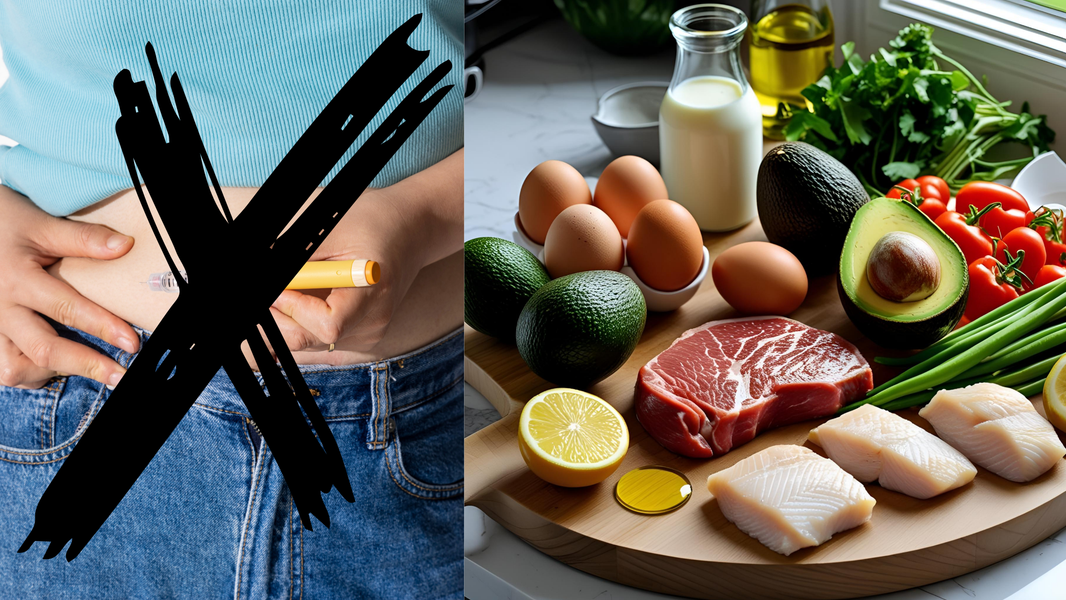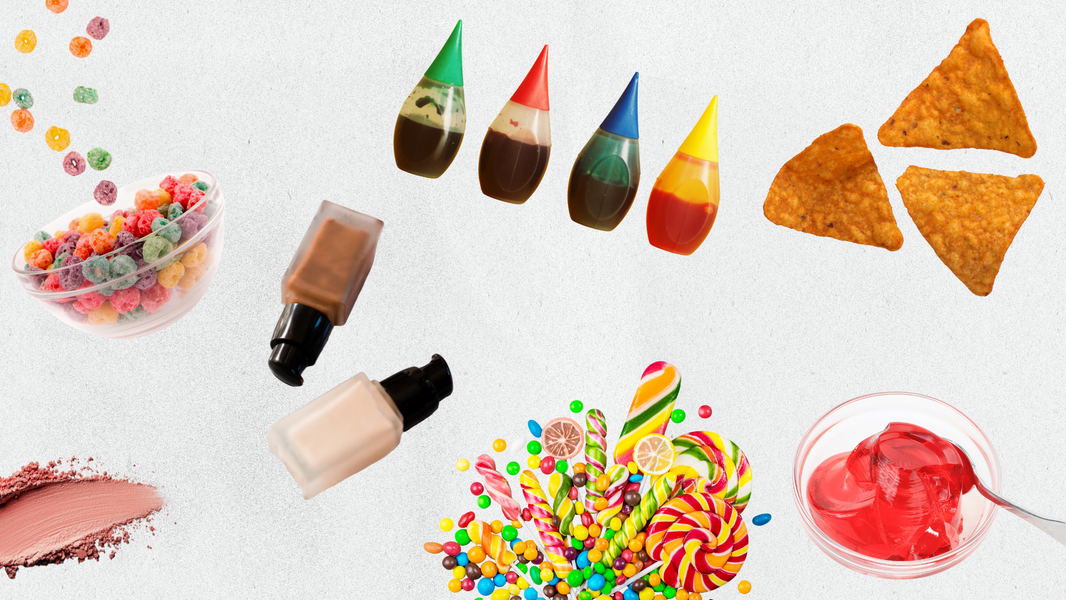Did you know that our bodies have more bacteria cells than human cells?
Most of these bacteria live in our gut and are called our “gut microbiome.” Our gut microbiome bacteria supports our immune system, reduces symptoms of depression, and decreases overall inflammation in the body, and that’s just for starters (Hills, 2019). This is why it’s vital to keep beneficial bacteria healthy and well fed with pre and probiotics.
Probiotics are the live, beneficial bacteria found in foods or supplements. Prebiotics are healthy fiber and complex sugars that function as food for a healthy microbiome.
A good balance of prebiotic fiber and probiotic food can support a healthy gut microbiome, contributing to overall better health. However, the traditional Western diet, low on fiber and high on fat, sugar, and food additives, can contribute to unhealthy bacterial species populating the microbiome.
A diet high in sugar and fat negatively influences gut bacteria and may contribute to insulin resistance (Dahiya, 2017). Without a diet of healthy prebiotics, harmful bacteria grow faster and colonize the microbiome more easily. An increase in harmful bacteria can result in a higher body mass index (BMI) and interfere with healthy function all over the body (Murphy, 2015).
Which foods are prebiotic?
Prebiotics are types of fiber found in vegetables, fruits, and legumes. Humans cannot digest these fiber types, but your good gut bacteria can and want to!
Foods that are high in prebiotic fiber include:
- mung beans
- berries
- Jerusalem artichokes (not the same as regular artichokes)
- asparagus
- dandelion greens
- garlic
- leeks
- onions
Good bacteria turn this fiber into short-chain fatty acids (SCFAs), which heal our gut barrier and reduce inflammation. Studies suggest that adequate prebiotic fiber is necessary to produce SCFA production in the colon.
Which foods are probiotic?
Fermented foods that provide probiotics include:
- yogurt
- sauerkraut
- kimchi
- kombucha tea
- kefir (dairy and non-dairy)
- some types of pickles (unpasteurized)
- other pickled vegetables (unpasteurized)
If you’re going to eat fermented foods for their probiotic benefits, make sure they’re unpasteurized, as this process kills the bacteria.
Should I take probiotic supplements?
The best source of pre-and probiotics is through a healthy, balanced diet. But, If you wish to supplement, choose a quality product like the Betr 12-Strain Probiotic Blend.
Hills, R. D., Pontefract, B. A., Mishcon, H. R., Black, C. A., Sutton, S. C., & Theberge, C. R. (2019). Gut microbiome: Profound implications for diet and disease. Nutrients, 11(7), 1613. doi:10.3390/nu11071613
Dahiya et al. (2017) Dahiya DK, Renuka, Puniya M, Shandilya UK, Dhewa T, Kumar N, Kumar S, Puniya AK, Shukla P. Gut microbiota modulation and its relationship with obesity using prebiotic fibers and probiotics: a review. Frontiers in Microbiology.
Murphy, E. A., Velazquez, K. T., & Herbert, K. M. (2015). Influence of high-fat diet on gut microbiota: A driving force for chronic disease risk. Current Opinion in Clinical Nutrition and Metabolic Care, 18(5), 515-520. doi:10.1097/MCO.0000000000000209






